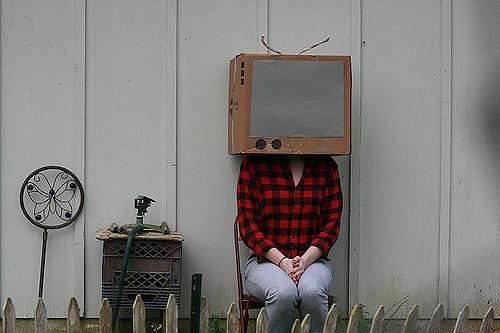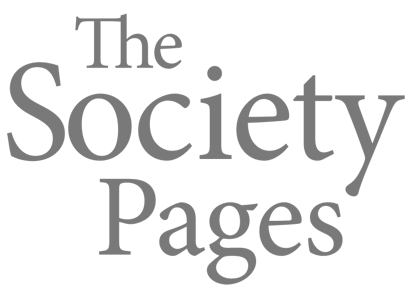
If you saw Donald Trump, Hillary Clinton, or Bernie Sanders on Saturday Night Live during the 2016 presidential primaries, you may not have known that every local NBC affiliate who aired those episodes was required to file disclosure statements in the Federal Communication Commission (FCC). Dr. Christopher Terry studies media law topics ranging from FCC regulations and ownership to SNL broadcasts and more at the Hubbard School of Journalism and Mass Communication.
A recent study Dr. Terry conducted examined how local NBC affiliates in the top 100 television markets nationwide handled paperwork requirements in disclosing when candidates Donald Trump, Hillary Clinton, and Bernie Sanders appeared on SNL during the presidential primaries in 2016.
According to guidelines issued by the FCC in the mid-20th century, when a political candidate for office appears on a licensed broadcast station, competing candidates can request equal time. Forty years later the FCC wrote an exception into the equal time rule called the “Bona Fide News Exception.” It gives news networks a pass; if a news program does a story about Hillary, Trump doesn’t get equal time for that newscast. The “bona fide” rule has been interpreted in such a wide way that it covers everything you could imagine from national newscasts to interview programs like The Howard Stern Show. This leaves a narrow range of programs still subject to the regulation, and SNL is one of those programs—entertainment programs do trigger the equal time rule.
So, Dr. Terry looked at the NBC affiliate programs for Trump, Clinton, and Sanders’ appearances on SNL, and found whether or not the programs had filed disclosures about candidate appearances on their stations or had received requests from other candidates for equal exposure on their programs and how they handled those requests. It was a compliance study—Dr. Terry found that a fair percentage of stations weren’t putting anything in their files: 40 to 60 percent didn’t have some required disclosure or hadn’t followed procedure correctly. The study demonstrated that many stations still don’t know how the FCC’s “bona fide news exception” rule works.
According to Dr. Terry, understanding how we regulate or don’t regulate commercial and political speech is significant because it affects everything from how you interact to the kinds of content to which you have access. His work is examining both FCC regulations and political advertising in hopes he can create a better future for media outlets worldwide—keep your eyes open for a forthcoming project evaluating the FCC’s regulation of media ownership.
Photo Credit: Victorio Marasigan, Flickr CC

